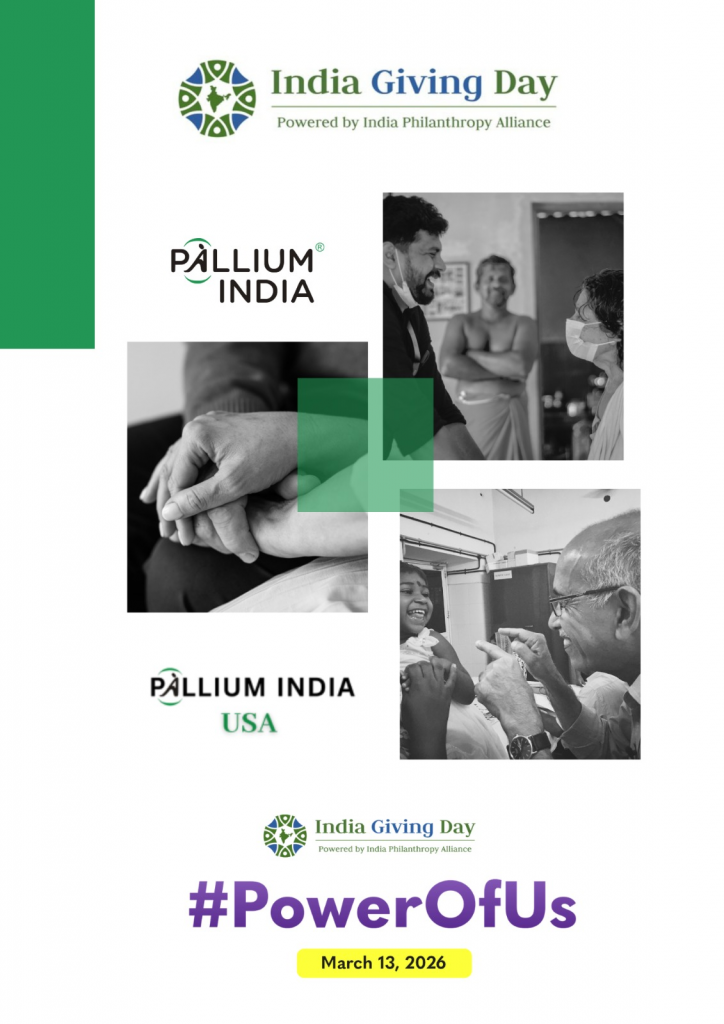Does Anger Have a Place in Our Work?
Anger in Compassion: Dr Robert Twycross addresses IAPCON 2012
Many of us have come to see anger as a negative emotion. But, can it have any positive effect? Let us tell you how the question came up.
Dr Robert Twycross is the palliative care guru of India. He taught almost all the first generation palliative care physicians in India and through them, the subsequent generation. (See the writeup about our Bruce Davis Training Centre to see how his pioneering work continues to inspire.)
He has retired now, but came back to India and took part in the annual conference of the Indian Association of Palliative Care (IAPCON 2012) organized by Dr Arundhati Chakraborty, held in Kolkata last month. In a moving event, his students gave him a plaque of honor. We strongly recommend that you take half an hour to see and to listen to his entire lecture.
If you can’t spare half an hour (we pity you!) here are some gems from his talk:
1. You need to be angry. Do you not have enough to be angry about?
- 99% of the needy in India do not have access to pain relief;
- Most of some 300 odd medical colleges in the country (except for some five or six) fail to teach pain management and palliative care.
These facts alone may make “anger in compassion” well up in you, forcing you in to action. If so, let that anger be a catalyst for change!
2. It’s time to redefine what constitutes a medical emergency.
It should include, for example, someone with a limited life span who has not had a good night’s sleep in three months.3. Miminise formality, maximise humanity.
The bigger your organization becomes, the more formal it becomes. It takes effort to retain humanity.
Dr Twycross ended his lecture by quoting Pallium India newsletter of March 2009. He asked all the young people in the audience to take down the quote, put it on a plaque and to keep it on their wall:
“We should not permit the growth and routinization of palliative care to take away its soul. It will be a happy day when palliative care reaches most of the needy in the country; but it will be a sad, sad day, if in the process palliative care comes to be delivered just with the brain, and the ‘eyes of the heart’ do not open any more!”







